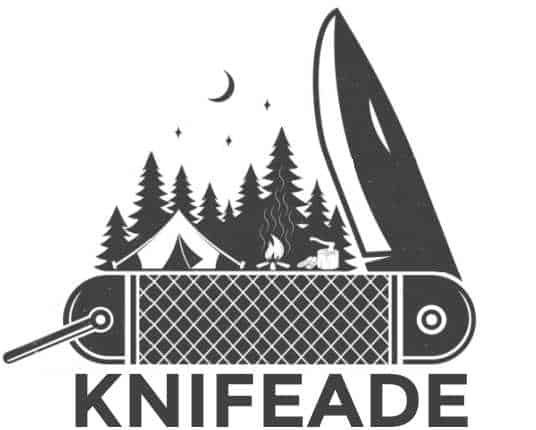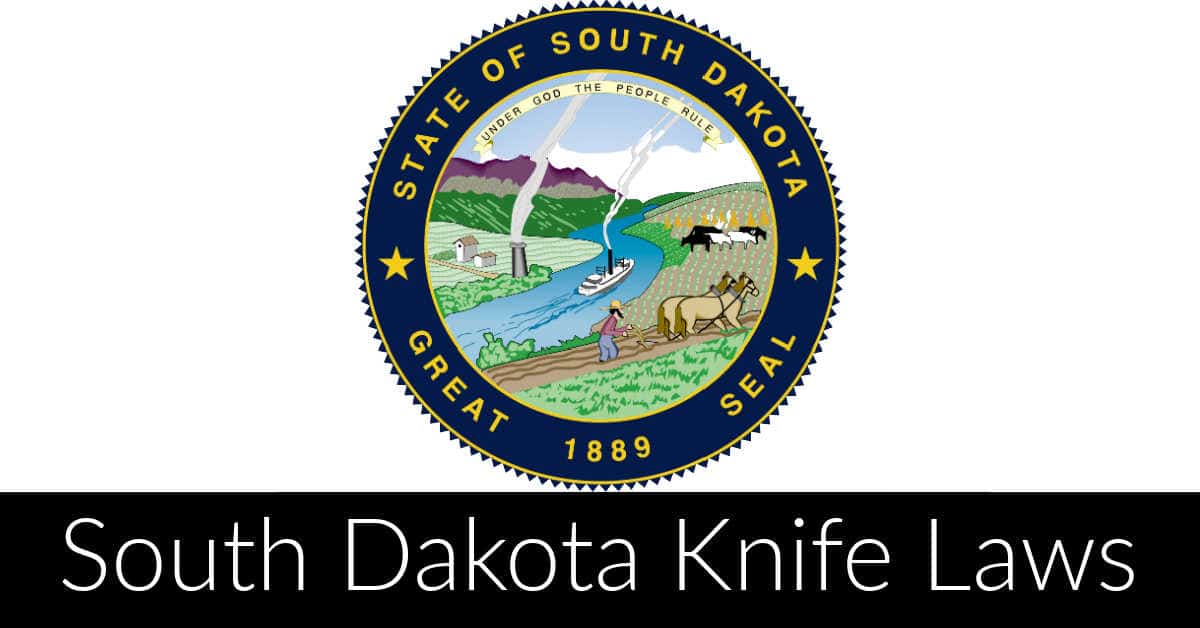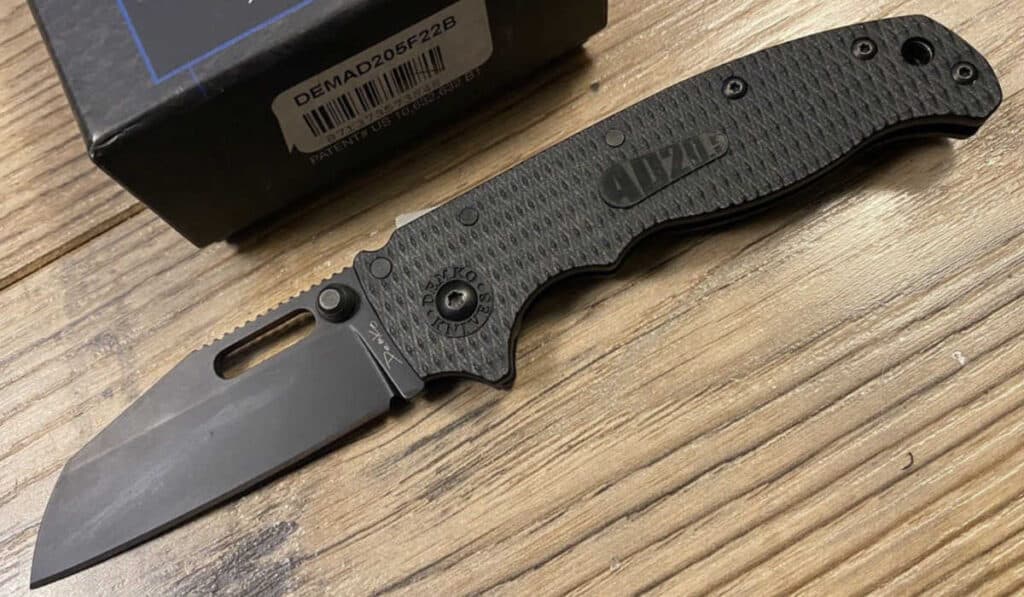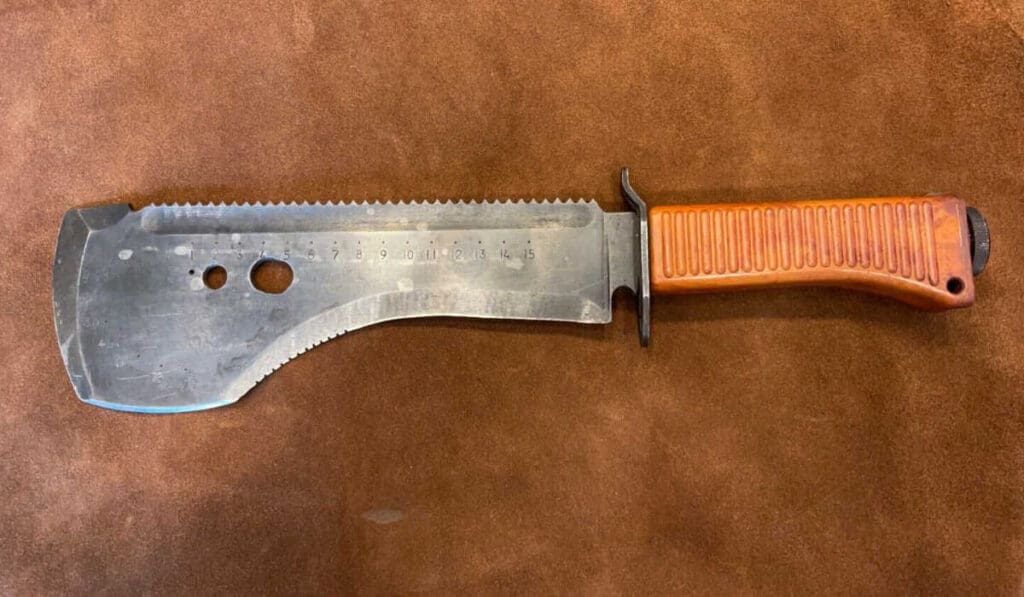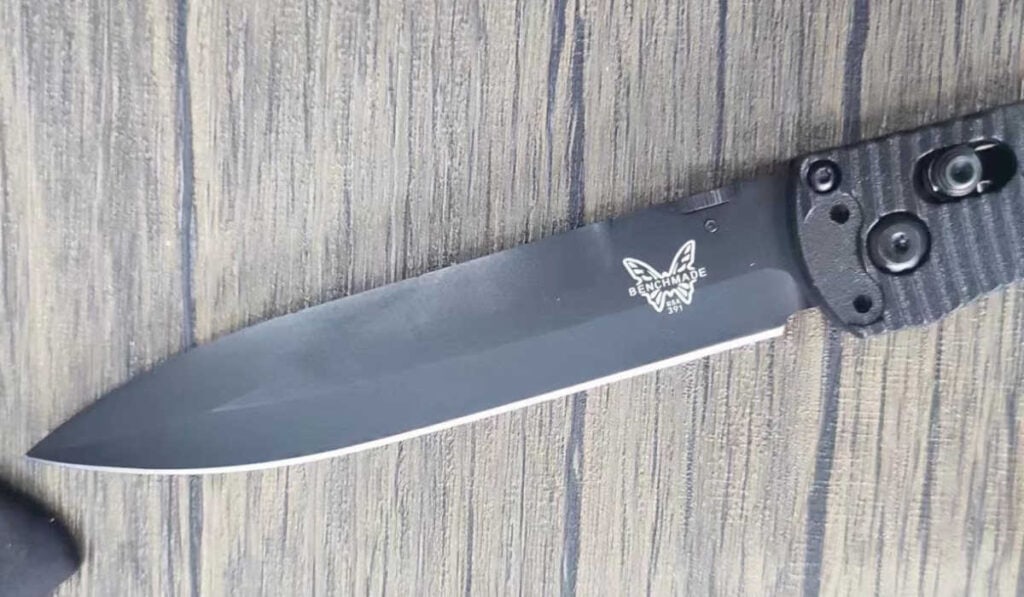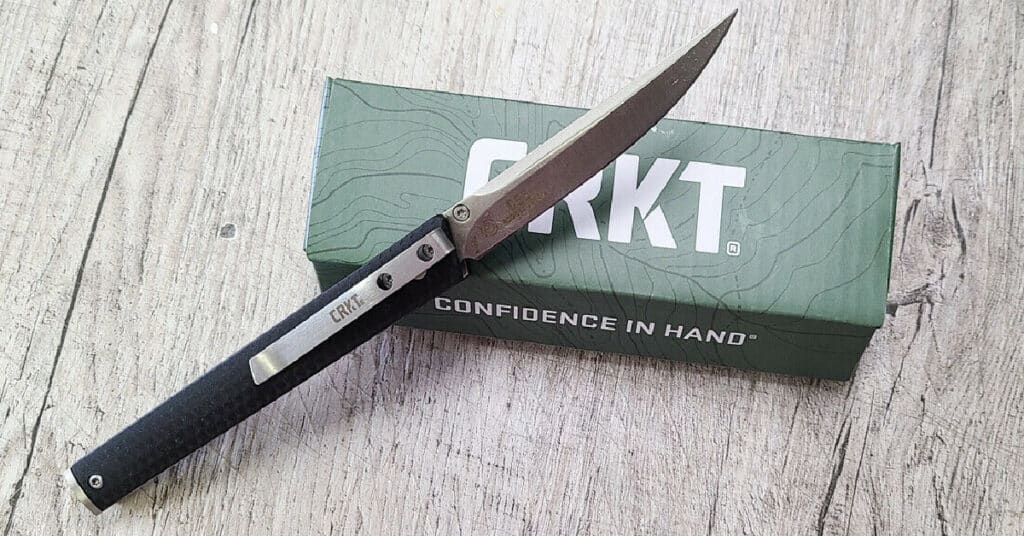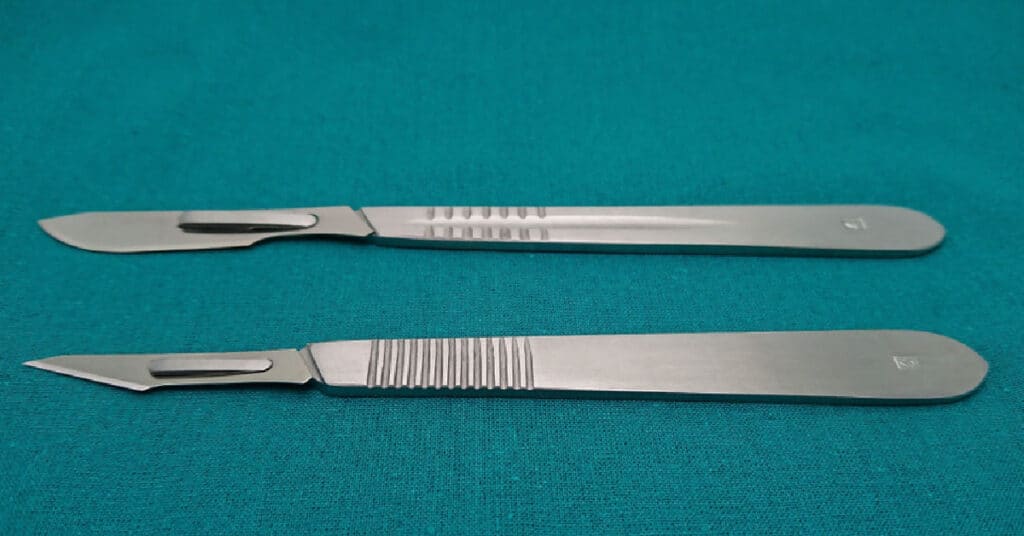Last updated on October 21st, 2023 at 08:11 pm
As an Amazon Associate I earn from qualifying purchases.
Whether you’re an avid outdoorsman, a collector of pocket knives, or simply someone who enjoys having one on hand for everyday tasks – it’s important to understand the knife laws in your state.
South Dakota is known for its lenient regulations concerning knives, which is a boon for both residents and visitors.
It is essential to familiarize yourself with South Dakota knife law so that you can stay informed about what type of blades may be legally carried in public areas as well as other factors such as age restrictions, possession rules for school grounds, and potential penalties if any violations occur.
In this article, we will provide an overview of South Dakota knife law including details regarding concealed carry laws, open carry laws, age restrictions for carrying knives, and more.
Our Top Rated “50-State-Legal” Knives
*These knives are listed based on their broad legality across states, but always consult your local laws before making a purchase.
Overview of South Dakota Knife Laws
South Dakota stands tall on knife freedom, and its laws reflect a liberal stance towards the ownership and carry of knives. A knife is defined as any instrument with a blade that can be used for cutting or stabbing, encompassing a wide variety of types including pocket knives, switchblades, butterfly knives, daggers, dirks, stilettos, and swords among others.
Definition of a Knife
A knife in South Dakota is defined as any instrument with a blade that can be used for cutting or stabbing, covering a broad spectrum of knife types from pocket knives to large blades like machetes, which are often carried by hunters or campers in South Dakota’s rural areas.
Prohibited Knives
Contrary to the information in many older articles, South Dakota does not have a list of specifically prohibited knives. The state law permits the carry of any type of knife unless it is carried with the intent to commit a felony.
Legal Carry Of Knives
South Dakota’s laws are quite permissive concerning the carry of knives. There are no specific laws in South Dakota prohibiting the concealed or open carry of knives, meaning you can legally carry any type of knife concealed or openly, as long as you are not committing a crime or intending to harm someone.
Concealed Carry Laws
As mentioned earlier, South Dakota does not have specific concealed carry laws related to knives. It is legal to carry a concealed knife unless you are committing a crime or intending to harm someone.
Open Carry Laws
In South Dakota, it is legal to openly carry any knife. There are no restrictions on the type of knife you can open carry, as long as you are not under the influence of alcohol or drugs, not committing a crime, and haven’t been convicted of a felony involving violence within the past decade.
Restrictions On Carrying Knives
Age Restrictions
South Dakota law does not explicitly outline age restrictions for carrying knives. While federal law prohibits selling knives to minors, South Dakota doesn’t state a minimum age to purchase or carry knives. However, as always, it is essential for parents and guardians to supervise and guide minors in safe knife usage.
Possession of Dangerous Weapons on School Property
South Dakota law prohibits the possession of any dangerous weapons on school property, including knives of any type. Violations can result in serious legal consequences, including a Class 1 misdemeanor punishable by up to one year in jail and/or fines of up to $2,000.
Penalties for Violating Knife Laws in South Dakota
While South Dakota’s knife laws are lenient, violations can still occur under certain circumstances. For example, using a knife in the commission of a crime can lead to more serious charges, such as aggravated assault or attempted murder. These crimes carry penalties far harsher than those associated with the simple possession or carry of a knife. Moreover, even if the knife itself is not illegal, using it in a threatening or harmful manner could lead to charges of assault or other violent crimes.
FAQs in Relation to South Dakota Knife Law
Are switchblades legal in South Dakota?
Switchblades are legal in South Dakota. The state does not have specific laws prohibiting the ownership, carry, or use of switchblades.
Are butterfly knives illegal in South Dakota?
Butterfly knives are not illegal in South Dakota. You are allowed to own, carry, and use butterfly knives in this state without restrictions.
Are brass knuckles illegal in South Dakota?
Brass knuckles are not explicitly prohibited in South Dakota. However, they may be considered dangerous weapons, especially if used to harm someone or commit a crime.
Can a felon carry a knife in South Dakota?
South Dakota law does not specifically prohibit felons from carrying knives. However, if the felony conviction was for a crime involving violence, the person may not be allowed to carry a knife, especially if it has been less than a decade since the conviction. The interpretation of this law can vary, so it is advisable for felons to consult with a legal professional if they wish to carry a knife.
Does South Dakota have knife length laws?
South Dakota does not have laws restricting the length of knives. This means you can legally own, carry, and use a knife of any length in this state, provided you are not committing a crime or intending to harm someone.
South Dakota State Knife Law References
Official Sources of South Dakota’s Knife Laws
- South Dakota Codified Laws:
- SDCL § 22-1-2: Definition of terms.
- SDCL § 22-14-8: Concealment of weapon with intent to commit a felony.
- SDCL § 23-7-7: Permit to carry concealed pistol; carrying pistol without permit not prohibited.
- SDCL § 13-32-7: Possession of firearm or dangerous weapon on school premises.
- SDCL § 22-14-23: Possession in county courthouse or state capitol.
Significant Court Cases
| Case Title | Summary |
|---|---|
| State v. Bryant | Case decided by the South Dakota Supreme Court involving Mason J. Bryant as the defendant and appellant. |
| State v. Schumacher | Case in which the South Dakota Supreme Court mentioned stun guns and knives in its decisions. |
| United States v. Knife | Case in the United States District Court District of South Dakota involving defendant George Dull Knife. |
| State v. Ceplecha | Case decided by the South Dakota Supreme Court involving an appeal from the Circuit Court of the Sixth Judicial Circuit. |
Timeline of Major Changes in South Dakota’s Knife Law History
- 1976: South Dakota repealed automatic knife restrictions, becoming the first state to do so.
- 2006: Repeal of an antiquated knife law, making it legal to carry any type of knife in South Dakota with no restrictions based on type, blade length, or other physical features.
- 2013: South Dakota allowed licensed individuals to carry or possess knives on school premises.
- 2019: South Dakota became the 14th Constitutional Carry State, allowing individuals to carry any type of blade, concealed or otherwise, similar to the laws in Arizona.
Conclusion
In conclusion, South Dakota knife laws are quite lenient and it is important to be aware of them before carrying a pocket knife in the state.
While there are no specific prohibitions on concealed or open carry of knives, it’s always prudent to exercise caution and ensure you are in compliance with the law, especially in sensitive areas like schools where carrying a knife is prohibited.
Additionally, possession of dangerous weapons on school property is illegal and can result in severe penalties if violated. It’s always best to check with local law enforcement or consult an attorney if you have any questions about South Dakota knife law or other related regulations.
We need to ensure that South Dakota knife laws are fair and just, so everyone can safely enjoy their pocket knives. By taking a proactive stance on issues as they arise we can make sure that future generations have the same access to pocket knives without fear of legal repercussions or harm coming to them or others.
Do Sheepsfoot Blades Have A Purpose? (Cuz They’re Ugly…)
Spetsnaz Machetes – Blades Of The Russian Special Forces
What Is The Actual Purpose Of A Spear Point Knife Blade?
CRKT CEO Review – Coolest, Most Worthless Knife Ever?
How Sharp Is A Scalpel? (Is It Sharper Than A Razor?)
Can You Shave With A Knife? (Yes, Here’s How)
As an Amazon Associate I earn from qualifying purchases.
